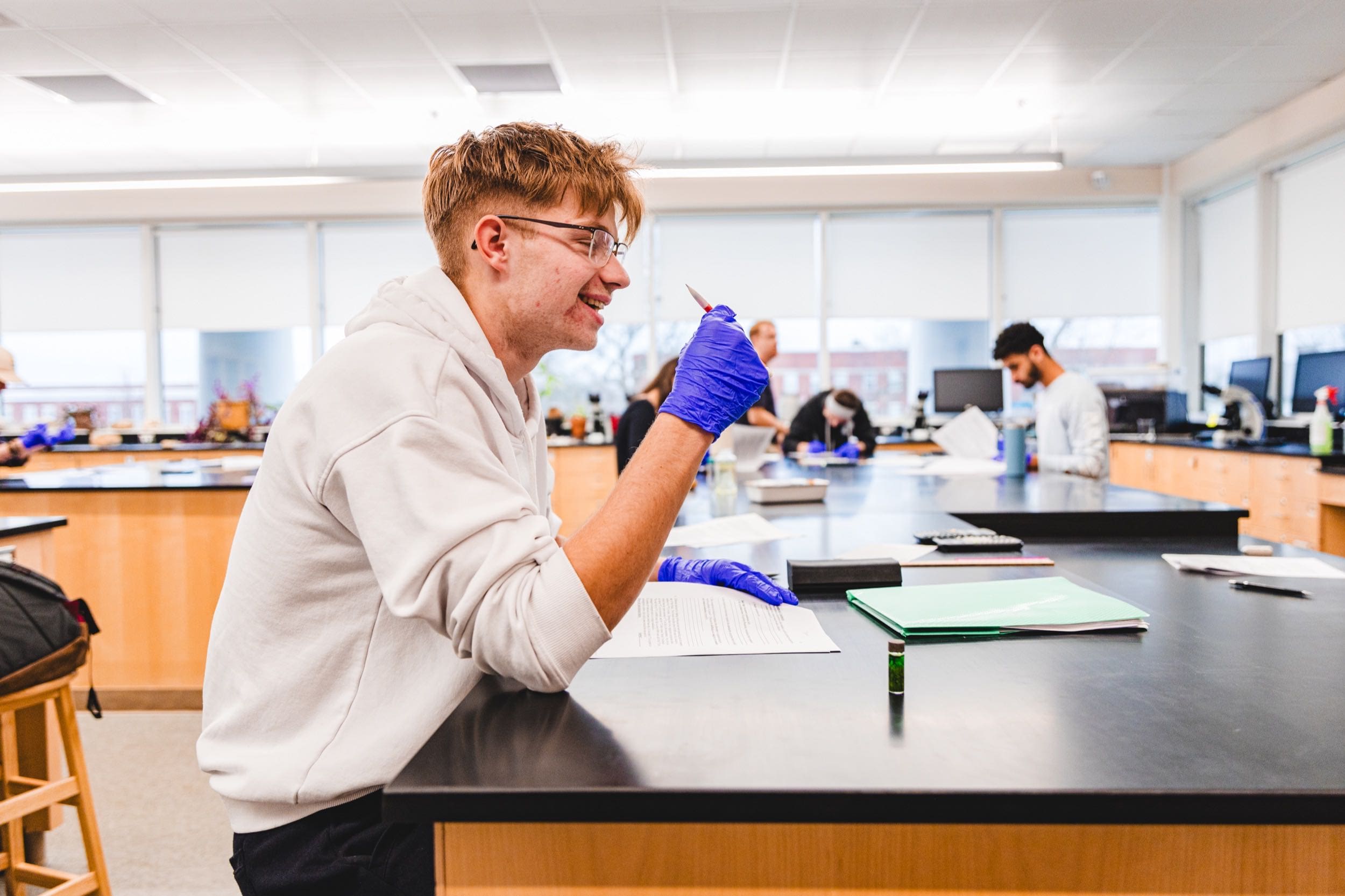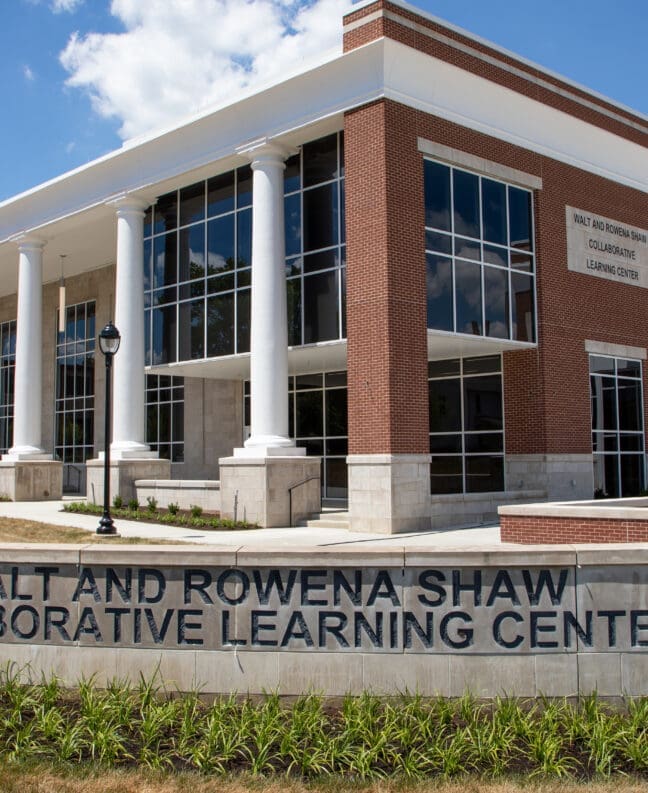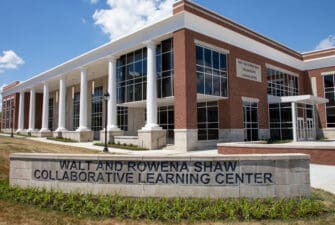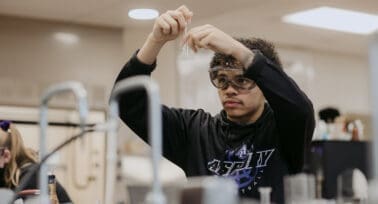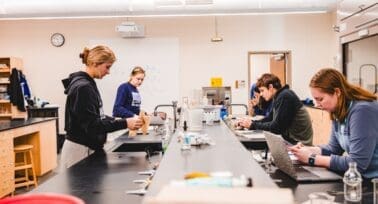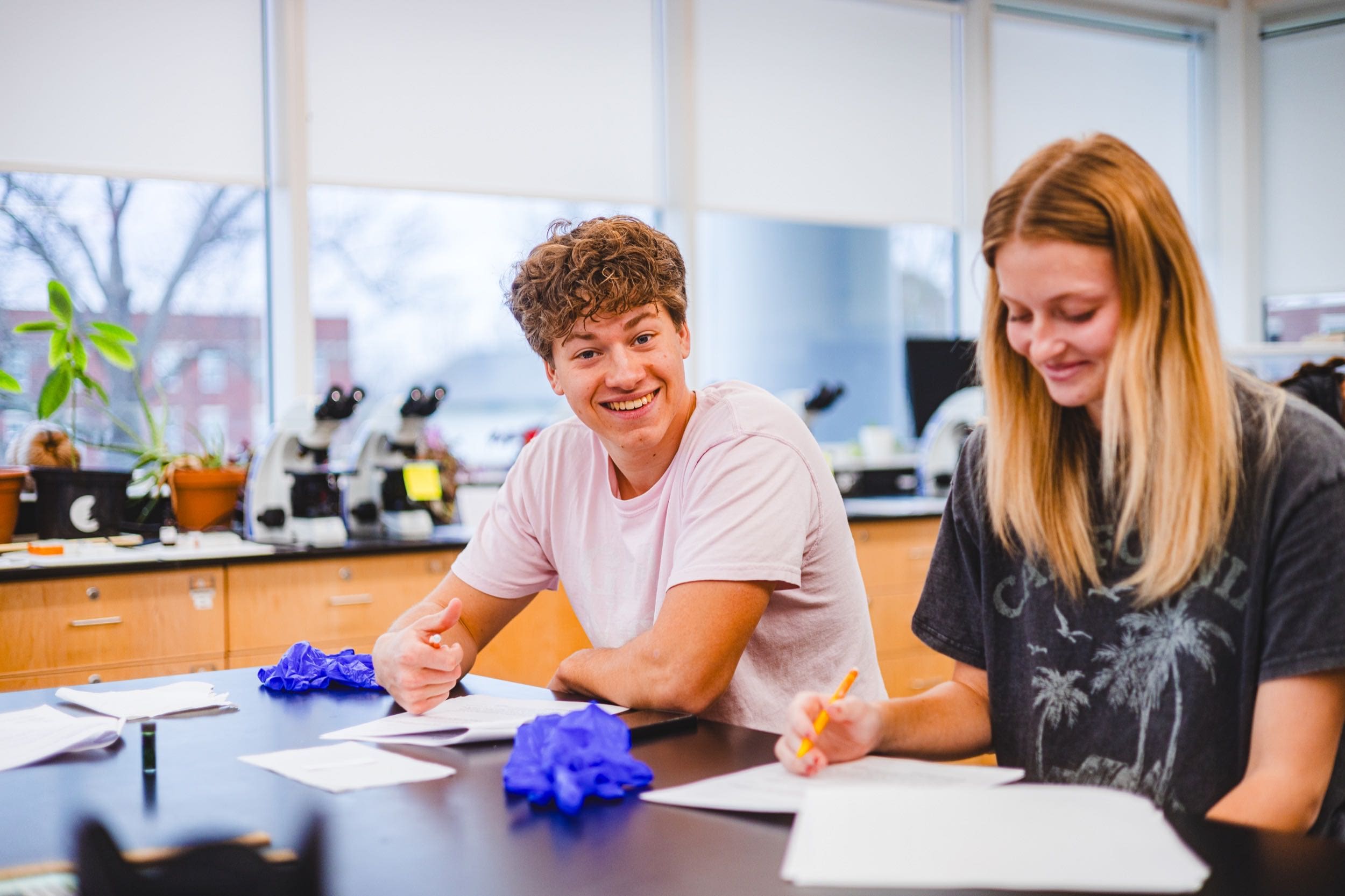
Bachelor’s in Biology Pre-Nursing Degree Requirements
To graduate, students must complete all major requirements, foundational requirements, and additional electives needed for 124 hour minimum degree requirement. Continuing to nursing program requires grade of “C” or better in all BIO & CHE courses, minimum science GPA of 3.00, and cumulative GPA of 3.00.
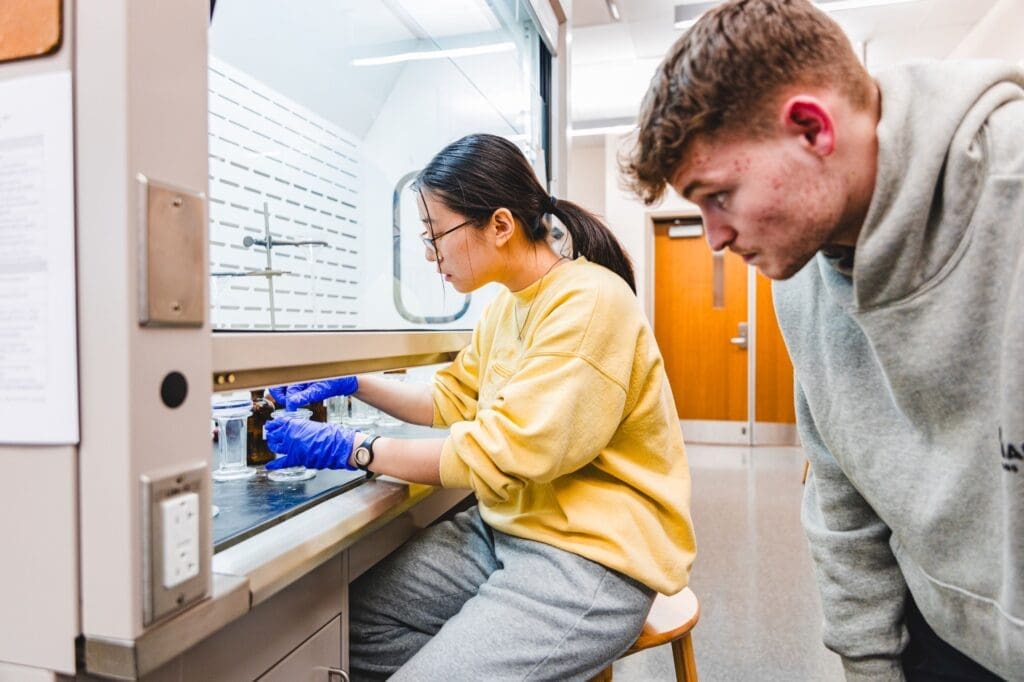
Research and Field Work
All science majors at Asbury do a senior research project. The project combines literature research, lab research, and writing a formal paper. A number of our students have presented their papers at the Kentucky Academy of Sciences. Some students have had their work published in professional journals.
Many students do their research at Asbury. Many others choose to do their research off-campus, usually during the summer, at labs and facilities across the country. Students often receive internships or stipends for summer research.
Meet our Biology Pre-Nursing faculty
Unlike schools with bigger science programs, Asbury University offers students close classroom interaction with educated and accomplished professors.
With classes often under 20 students and an institutional average faculty-to-student ratio of 12:1, you’ll develop meaningful and collaborative relationships with peers and professors and always get answers to your questions.

Biology Lab Supervisor

Dean, Shaw School of Sciences
Department Chair, Science & Health
Outcomes
What Our Alumni Do
Many find work experience as certified / state-registered nurse aides (CNA / SRNA) prior to entering nursing school. With the SRNA they can work alongside nurses at nursing homes or hospitals. They obtain this training (2-4 weeks) often at UK College of Nursing.
Upon passing the NCLEX national licensure exam, nursing students pursue careers in:
- Emergency and trauma nursing
- Labor and delivery nursing
- Geriatric nursing
Nursing students may also choose to continue to advanced nursing practice, pursuing careers as a:
- Nurse anesthetist (CRNA)
- Nurse midwife (CNM)
- Doctor of Nursing (DNP)
- Clinical nurse specialist
Alumni Stories


